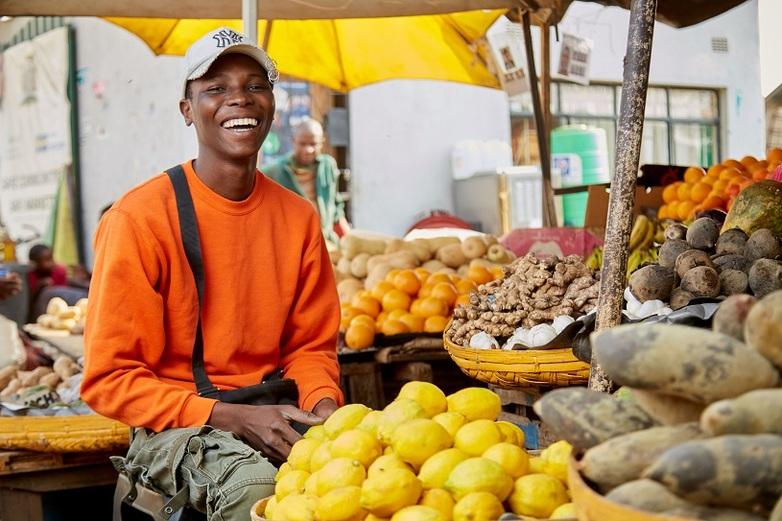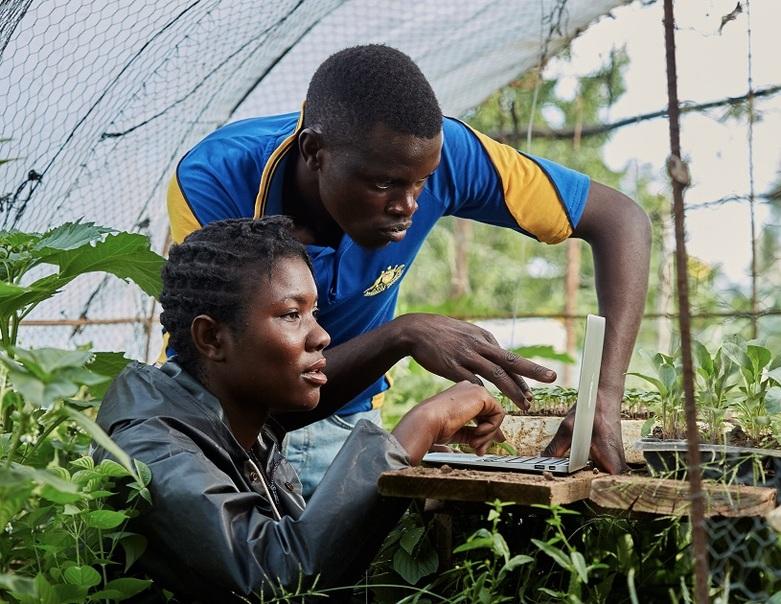Context
Intense, conventional agriculture often damages the environment and threatens long-term food security. Agricultural and food systems must be designed so that they protect people, ecosystems and resources.
The potential for spreading agroecological practices in Africa is great. Currently, only 0.2 per cent of agricultural land is dedicated to certified organic farming. Farmers and their communities need practical knowledge to support them with an agroecological transformation of agriculture. Therefore, there is a need for knowledge hubs that create spaces for collective learning on topics such as production, processing and marketing of organic products alongside policy-making for the promotion of organic agriculture and agroecology.
Objective
Organic agriculture and agroecology are strongly promoted by knowledge hubs throughout all African regions. An online platform ensures dissemination of knowledge and exchange across the continent.


